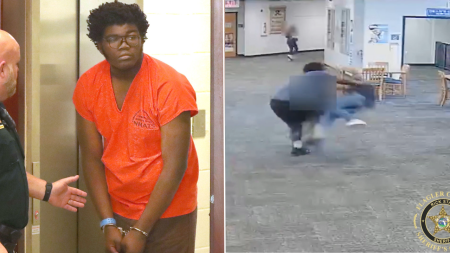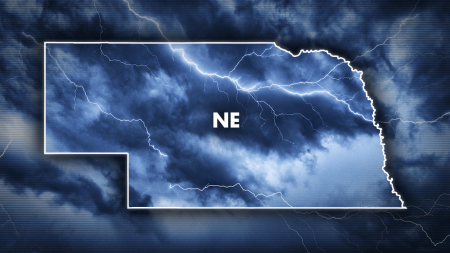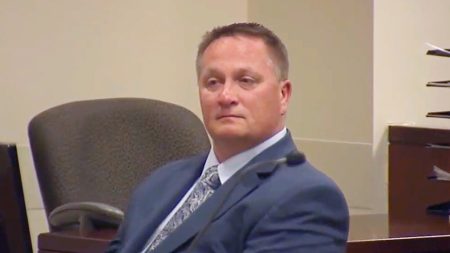A new Michigan law has been signed by Governor Gretchen Whitmer to ensure that foster youth in the state receive an education that leads to a high school diploma. The law aims to address an educational crisis previously exposed by NBC News, where foster teens were forced to repeat classes and faced difficulties graduating due to substandard educational services provided by residential facilities. The new law will require the state to prioritize meeting graduation requirements for children in foster care, ensuring they receive a quality education that counts towards earning a diploma. Advocates are pleased with this development, as it provides clarity and direction for foster youth seeking to graduate from high school.
The legislation won’t go into effect until next year, but advocates are urging the state to start updating contracts with residential facilities to align with the new educational expectations. The law is part of a three-bill package introduced by State Rep. Stephanie A. Young, who was moved to take action after seeing the NBC News report on the issue. The bills aim to track and report data on foster youths’ education, as well as review educational programs in residential facilities to meet public school standards. Young believes that the new law will be a game-changer for foster youth, removing the uncertainty around whether classes will help them graduate and building educational accountability into the system.
The NBC News article that brought attention to the issue motivated Young to push for changes, as she was unaware of the extent of the problem before. State agencies have also made changes to address the issue, including hiring employees to assist foster youth in navigating the education system and keeping track of their credits. Youth advocate Christian Randle, who was affected by the lack of adequate educational services while living in residential facilities, praised the new laws but wishes the process had been faster. Randle, along with other advocates, are advocating for additional measures such as easier access to transcripts and swift enrollment in school after a change in placement.
Randle shared his struggles with the education system, as he is still working on finishing high school through an online program almost a year after he should have graduated. He highlighted the challenges faced by his friends who had to restart high school due to the issues with the educational services provided in residential facilities. Despite the passage of the new laws, Randle believes that more work needs to be done to address the real-life issues affecting foster youth. Members of a group called Empowering Foster Youth Through Technology are continuing to push for additional measures to support foster youth, focusing on improving accessibility to transcripts and facilitating quick enrollment after changes in placement.
The new legislation is a significant step towards ensuring that foster youth in Michigan receive a quality education that leads to a high school diploma. By prioritizing meeting graduation requirements for children in foster care, the law aims to eliminate the obstacles that have prevented vulnerable teens from graduating on time. Advocates and state legislators are continuing to work towards improving educational services for foster youth, including measures to streamline access to transcripts and enrollment processes. The passage of these laws reflects a commitment to providing foster youth with the necessary support to succeed academically and transition into adulthood successfully.















